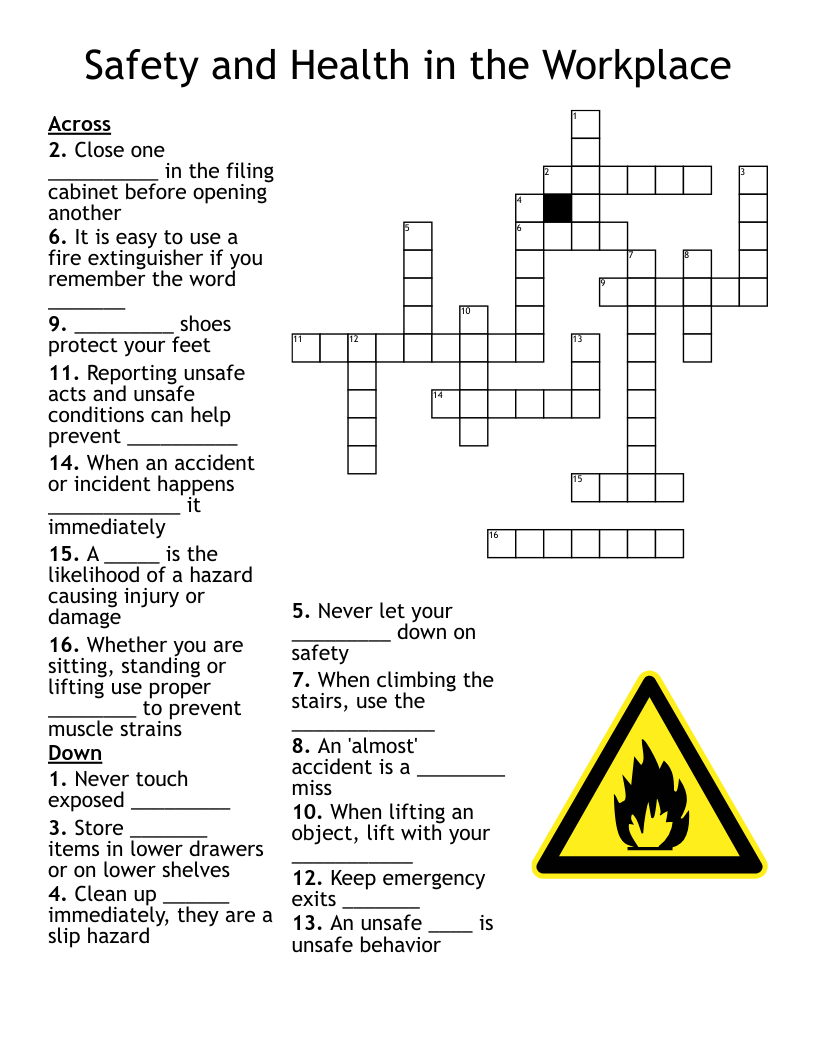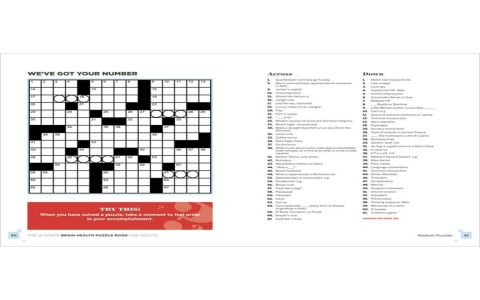Okay, so, I’ve been messing around with this whole “crossword protected” thing, and let me tell you, it’s been quite the journey. I’ve always been into puzzles, you know, the kind that really make you think. But recently, I stumbled upon this idea of using crosswords not just for fun, but also for, like, beefing up my online security. Sounds a bit weird, right? But stick with me here.

It all started when I was reading this article about how weak passwords are the biggest problem when it comes to online security. And then it hit me – what if I could use my love for crosswords to make my passwords stronger? So, I started digging.
First, I made a simple crossword puzzle. Just a small one, with ten clues or so. I used some online tool to create it – there are a bunch of free ones out there. Then, I filled it in with words related to, well, anything I was interested in at the time. I think I had words like “books,” “movies,” “coffee,” you know, the usual stuff.
- I tried to make the clues challenging, but not too hard. After all, I was the one who had to solve it later.
- Once I had the completed crossword, I started experimenting. I used the letters to create a password. Like, say, the first letter of each answer, or maybe the last letter, or some combination.
- I even tried using the grid itself as a guide. For example, I picked a starting point and then followed a path through the grid, picking up letters along the way.
The Results Were Interesting
At first, my passwords were a bit clunky. They were long, sure, but not always easy to remember. And let’s be honest, if you can’t remember your password, it’s not very useful, is it?
But I kept at it. I made more crosswords, tried different methods of extracting passwords from them, and eventually, I started to get the hang of it. I found that by using a combination of words and grid patterns, I could create passwords that were both strong and memorable. At least, memorable to me, because I had the crossword to help me remember.
I learned that this isn’t just about making strong passwords. It’s also about, like, exercising your brain. Solving crosswords regularly, it’s like a workout for your mind. Also, to solve the clues, you need to spell each word correctly. So it’s also a plus.
Now, I’m not saying this is the ultimate solution to all your password problems. It’s not foolproof, and it does take some effort. But it’s a fun and creative way to improve your online security, and it’s definitely better than using “password123,” right?
So, that’s my little experiment with “crossword protected” passwords. It’s been a fun ride, and I’m still playing around with it. If you’re looking for a new way to challenge yourself and maybe make your online life a bit more secure, give it a try. You might be surprised at what you come up with!


















